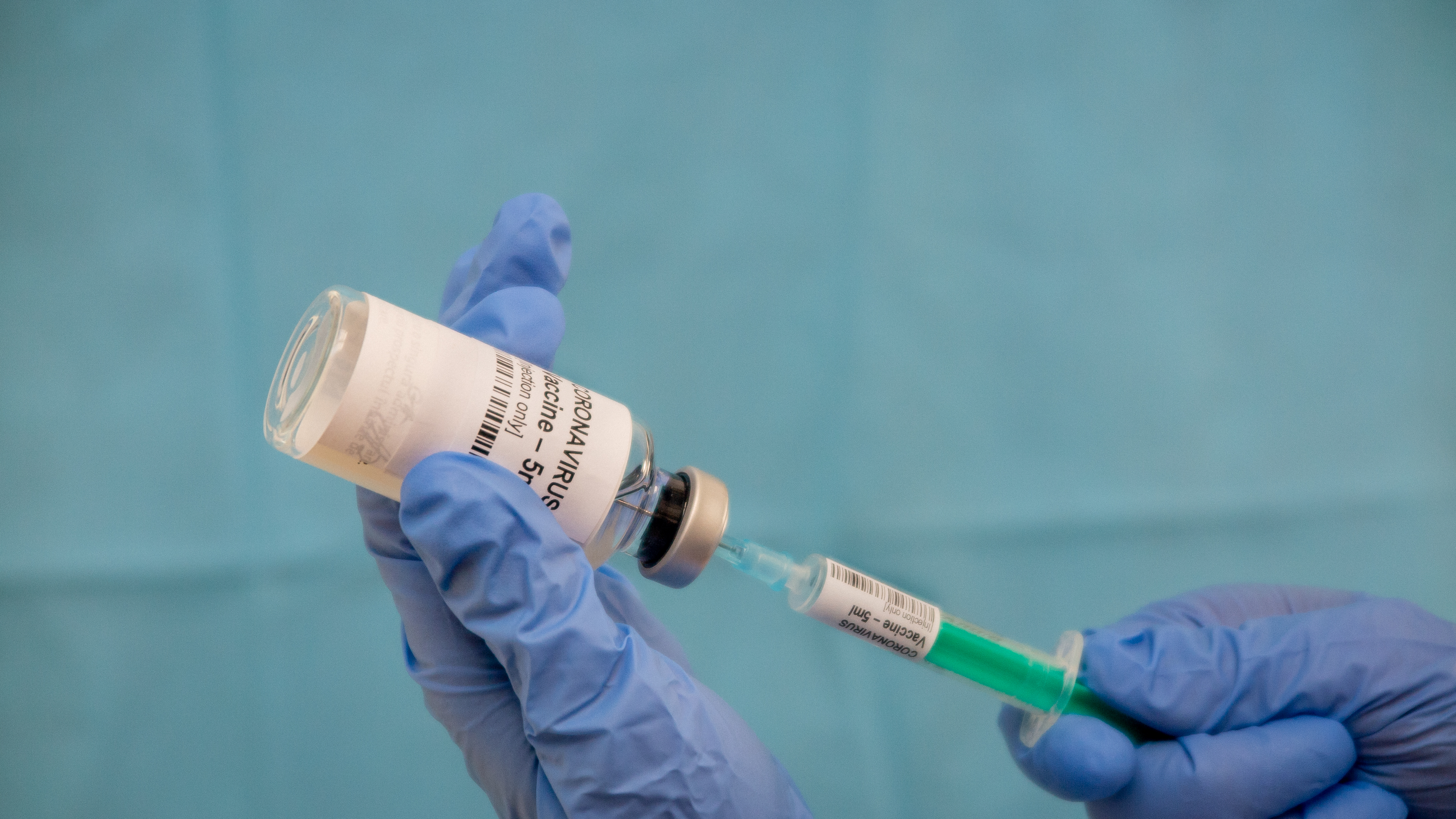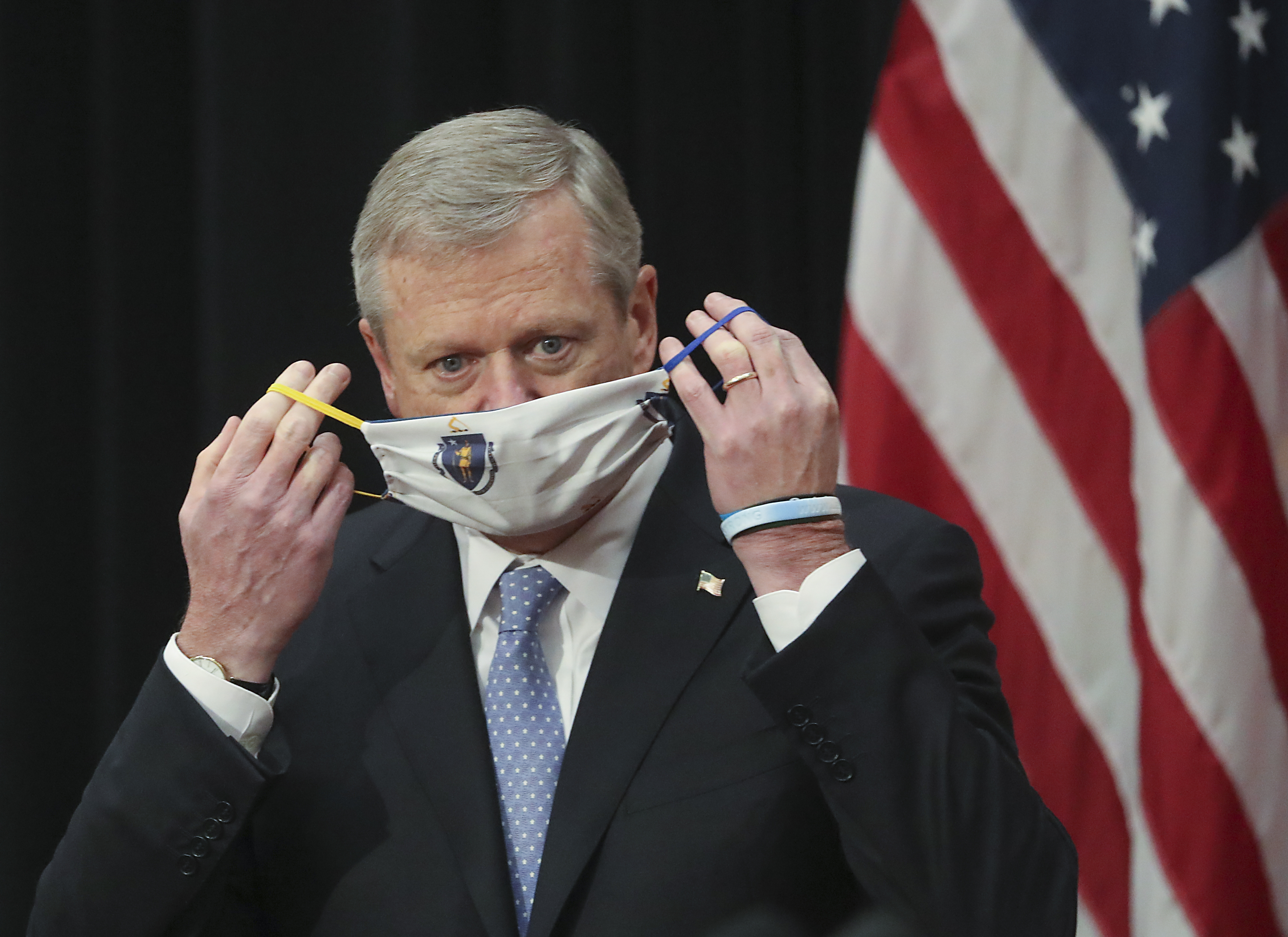Misinformation surrounding the COVID-19 vaccines has created a fair amount of concern over whether to get the shots for many people.
"I don't think I'm going to be one of the guinea pigs to take this one," Massachusetts resident Ainsley Woodruff said.
Sifting through a sea of social media fraught with fiction to try to find the truth can be tricky.
"I understand some people are concerned but I don't like the misinformation, I don't like the lies," Emily Curewitz said.
The algorithms behind social media platforms can actually help spread misinformation, Boston University advertising lecturer Mike Proulx said.
"Anybody can be an instant publisher of information, and unfortunately it is human behavior that if something is published, then it must be true," Proulx said. "The algorithm will inherently show me more of what I like and what I'm engaging with, so that's how we end up in what we call these social media bubbles."
Dr. Eric Rubin with Harvard's T.H. Chan School of Public Health, who's also the editor-in-chief of the New England Journal of Medicine, is on the U.S. Food and Drug Administration committee that authorized Pfizer's vaccine for emergency use. He says researchers have done a very careful job collecting data on the vaccines.
"I think people should be, at the very least, open minded about getting the vaccine, and not think from the start that these are poisoned," Rubin said, adding that people need to put their trust in science. "The vaccine is so much safer than the disease. It seems like a fairly straightforward choice."
Experts say that, as researchers continue to study the vaccines, more and more information will be available about them, but you will still want to verify the source of the information.
To try to combat the misinformation surrounding the vaccines, Twitter announced Wednesday that they will force users to delete COVID-19 vaccine conspiracy theories in order to continue to use their accounts.



